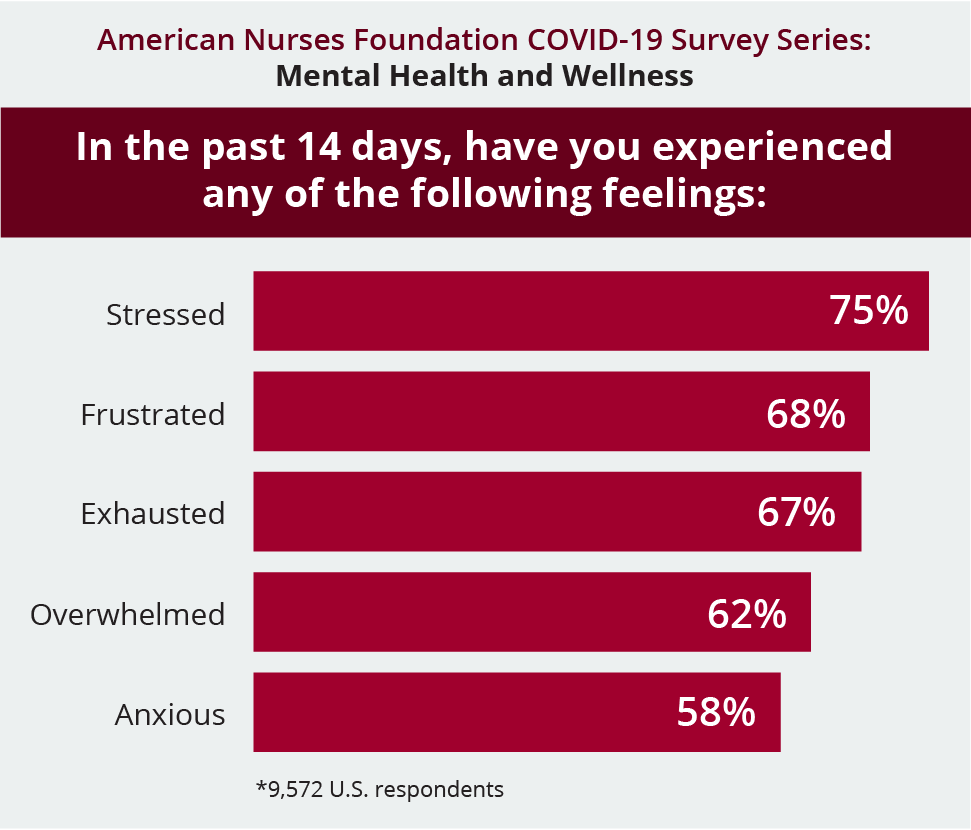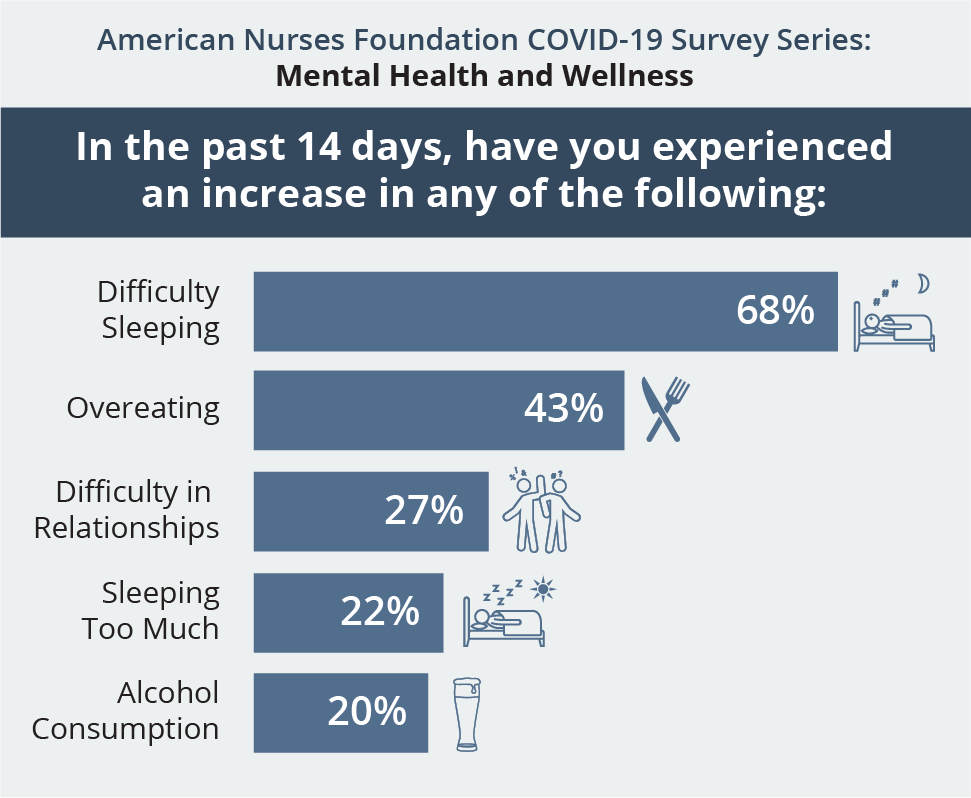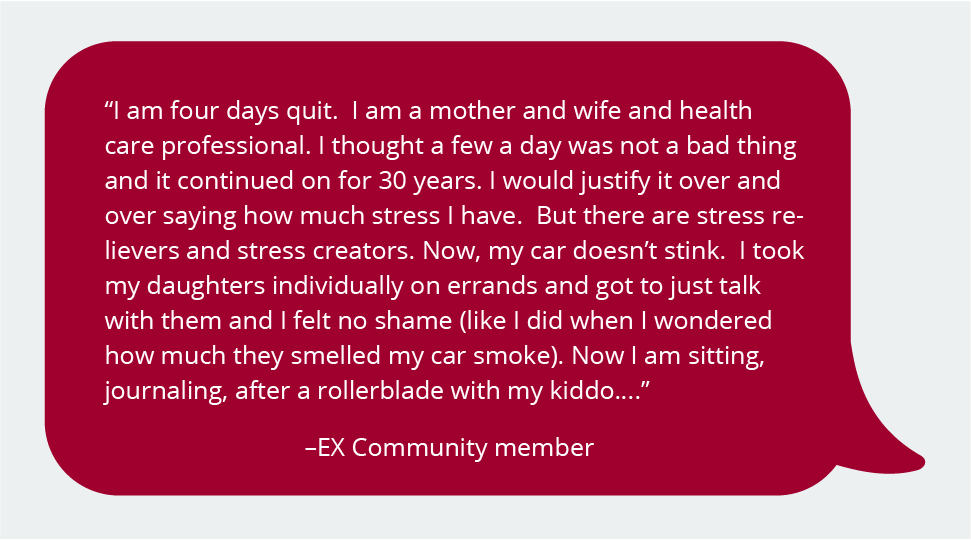With stress levels at an all-time high, smoking cessation and smoking in healthcare are timely issues.
Among nurses, for example, months of working in a high-stakes environment is leaving a huge impact on their mental health. A recent American Nurses Foundation survey found that 75% of nurses feel stressed—and 67% are feeling exhausted.
The effects of this stress on nurses are difficulty in sleeping, overeating, and increased use of substances such as alcohol.
According to the Centers for Disease Control (CDC), 16% of healthcare workers use tobacco. Women have a higher rate of smoking. In fact, 25% among female licensed practical nurses in the U.S. use tobacco. See more here: Strange Bedfellows: Smoking and Healthcare Workers
However, a meta-analysis determined that anxiety, depression, and stress all substantially reduce after quitting smoking. And as a bonus, quality of life measures improve, too.
Just last month, a member of our EX Community, our thriving online community of current and former tobacco users, posted this:
So, what can you in healthcare HR do to help more of your workforce reap the benefits of quitting tobacco? Effective tobacco-free policies and engaging, easy-access quit support can make a significant difference.
Tobacco-free policies for healthcare
Working in HR, you know smoking cessation and smoking in healthcare are issues larger than employees. Tobacco use affects vendors, contractors, patients, volunteers, and visitors, too.
This is why it’s essential to have a policy in place that eliminates employee, patient, and visitor exposure to tobacco smoke.
When creating a comprehensive, tailored policy to fit your workplace, here are key elements to keep in mind:
- Be consistent: Make sure e-cigarettes, cigarettes, cigars, and chewing tobacco are treated the same, and that they are all considered unwelcome on your healthcare campus. Plus, ensure all employees—regardless of tobacco use—receive the same number and length of breaks.
- Include all work-related areas: Ensure that no matter where employees are located, the no-tobacco policy applies even if they are working outside or on their own. That includes company-owned vehicles as well.
- Consider the details: Some healthcare employment policies additionally stipulate that employees may not smell of tobacco products or carry tobacco products where visible to patients and guests. Others take it a step even further and align their business practices to reflect a commitment to being tobacco-free, too. This includes, for example, making sure that facilities are free of all tobacco company advertising, including magazines purchased for waiting rooms.
- Know your state laws: Different states have different regulations regarding tobacco use policies. For example, the University of Pittsburgh Medical Center tells its 50,000+ workers that smoking during the workday is banned, even if employees leave the campus for lunch. Although that’s legal in Pennsylvania, it would not be legal in states with “smoker’s rights” laws. Check with legal counsel specific to your location about what laws you need to follow.
Smoking policies that are clear and enforced can be effective. However, they’re even more impactful when paired with an evidence-based tobacco cessation program.
Easy-access quit support for healthcare workers
Giving employees easy access to support such as live chat coaching with experts to discretely discuss how to deal with triggers to smoke can make the real-time difference between staying quit or relapsing. Likewise, access to an online community of peers that’s active 24/7 can provide critical social and emotional support when people need to feel connected.
The EX Program by Truth Initiative provides these human-powered components and so much more to help tobacco users quit. To learn more about the EX Program, I encourage you to visit our Program page.
For more insights tobacco-free policies, please download “Tip Sheet: Tobacco-free Policy at Work—Clear Answers for Tough Questions.”







